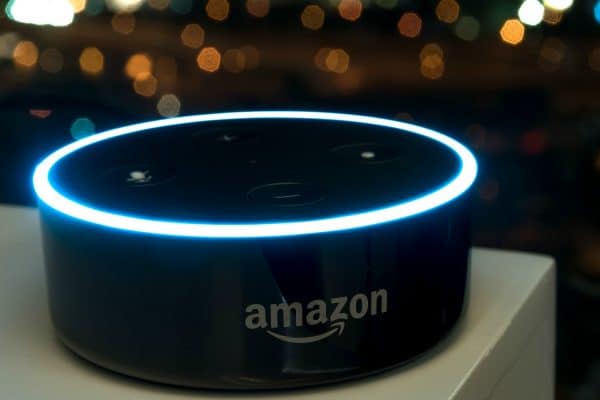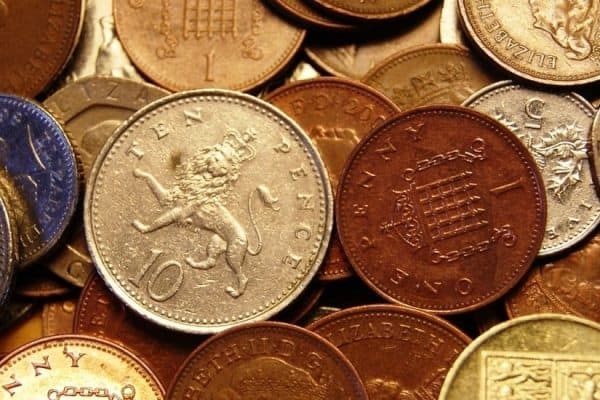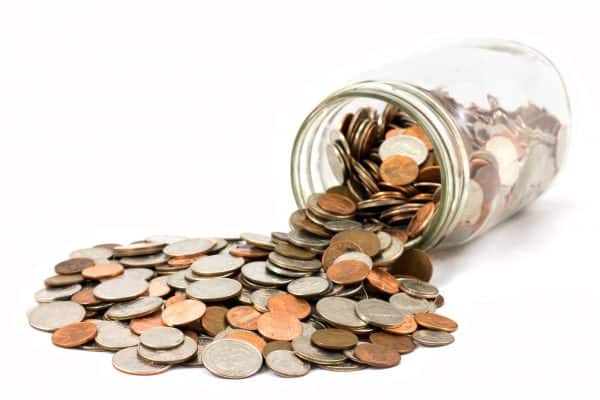Open Banking is the financial phrase on everyone’s lips at the moment, and for good reason. The set of rules, which were rolled out in January 2018, are set to change the way people and businesses manage their money in the UK. But what is it, and how does it affect you?
What is Open Banking?
Open Banking came from the Competition and Markets Authority (CMA), more fondly known as the competition watchdog. In 2016, the CMA published a report that found that many businesses offering people new and innovative ways to manage their money were struggling to establish themselves in the market. Many of these businesses require you to share your online banking details with them, which understandably, the banks caution against. But, this meant that consumers were missing out being able to use the services these businesses offer, and so the CMA stepped in. Open Banking means that now, your bank must allow you to share certain information with third parties, should you wish to. The idea is that, as a result, you’ll have access to a different set of tools to help you manage your money and make sure you’re using the right products for your circumstances.
How does Open Banking work?
Open Banking is a way of allowing businesses to connect to your bank and other financial accounts using secure technology. By sharing your online account details with them, the services you subscribe to will be able to view certain information about your account. For example, they’ll be able to see your spending habits and which companies you spend money with. It doesn’t automatically give the service permission to take money from your accounts, or spend it for you.
What kind of things will Open Banking mean I can do?
Apps like Money Dashboard, which enables you to connect up your various accounts and see them all in one view, and Plum, which analyses your spending to tell you how much you can afford to save, then squirrels the money away for you, are prime examples of what Open Banking will allow you to do. There are also services emerging which will analyse your spending, and who you’re spending with, to make recommendations on where you can save. Some of them can even offer you.

Shutterstock/ Foxy Burrow
Read more: 4 reasons why you shouldn’t be an ostrich with your money
Is my data safe with Open Banking?
You should always be careful who you share any information like online banking details with. If a service asks you to provide information like this, then make sure they’ve been authorised by the FCA first. This authorisation means that providers can only access the data they need to provide the service you’ve signed up to. So, for example, if you have multiple accounts with your bank, the provider will only be able to see the one(s) you connect to them. The Open Banking rules also require your bank to continue to protect you against fraud if you connect your account to third parties.
Do I have to use Open Banking?
It’s completely up to you. No providers can access your information without your permission. If you don’t want to share your information, though, then you won’t be able to access the services these providers offer.
What do you think of Open Banking? Will you be signing up to any new apps to help you manage your money?



















